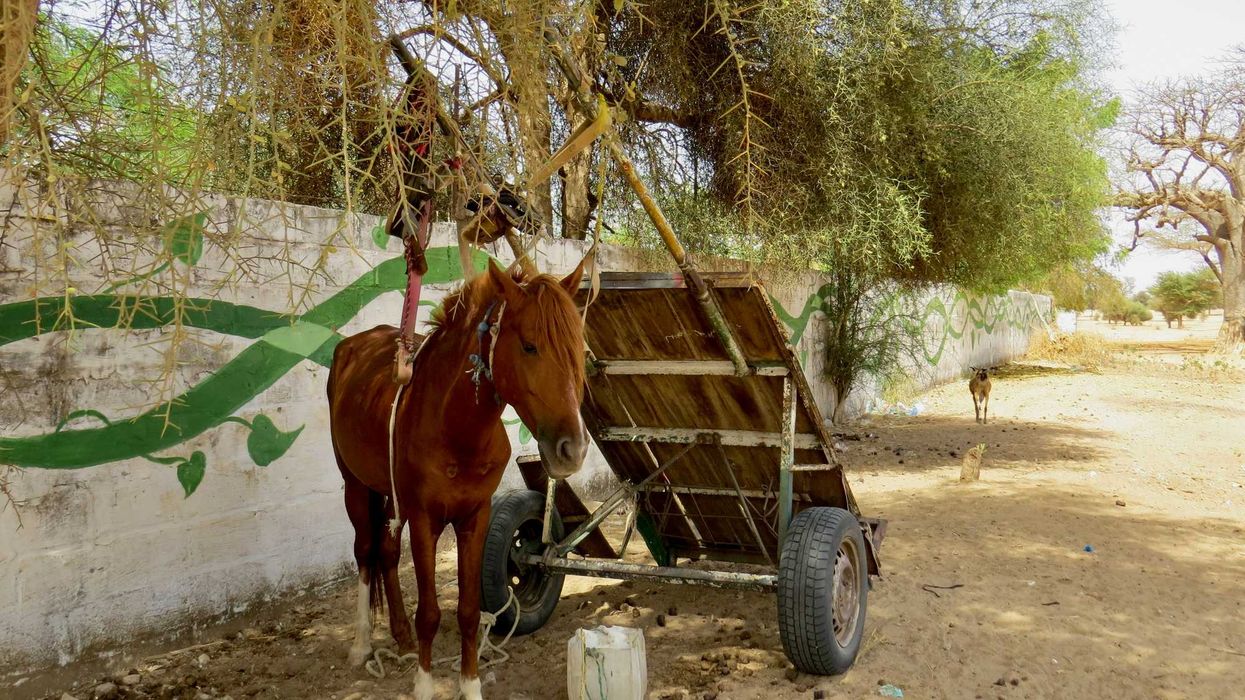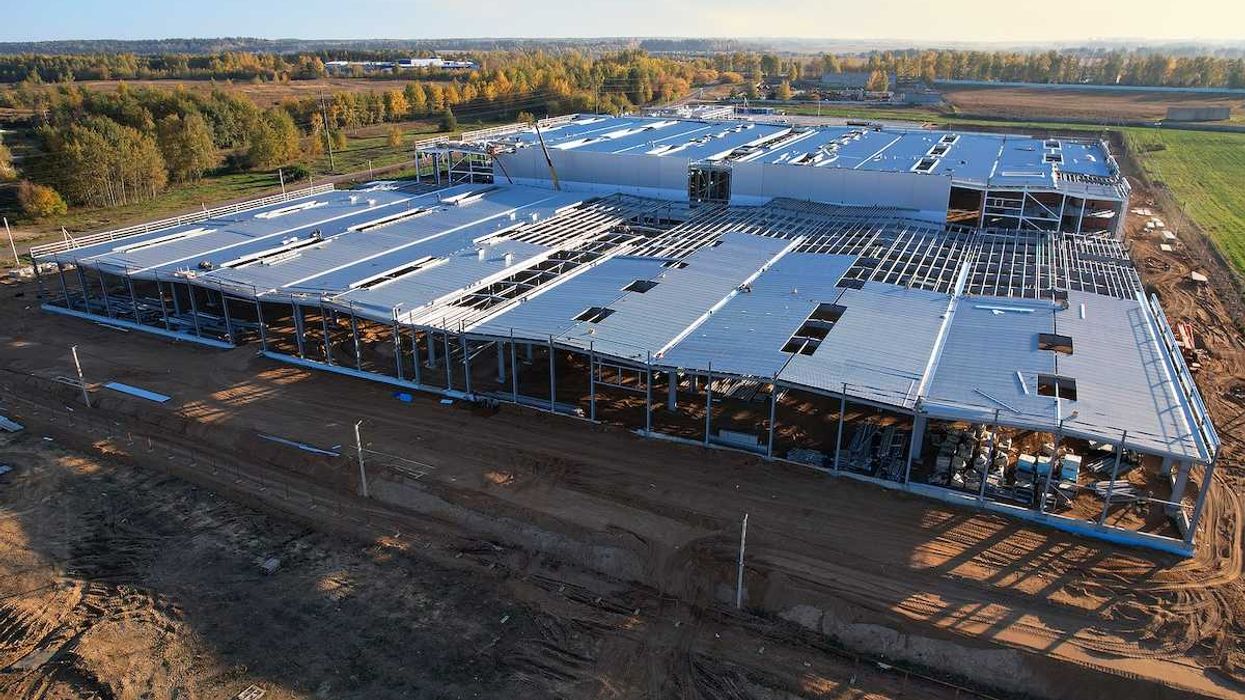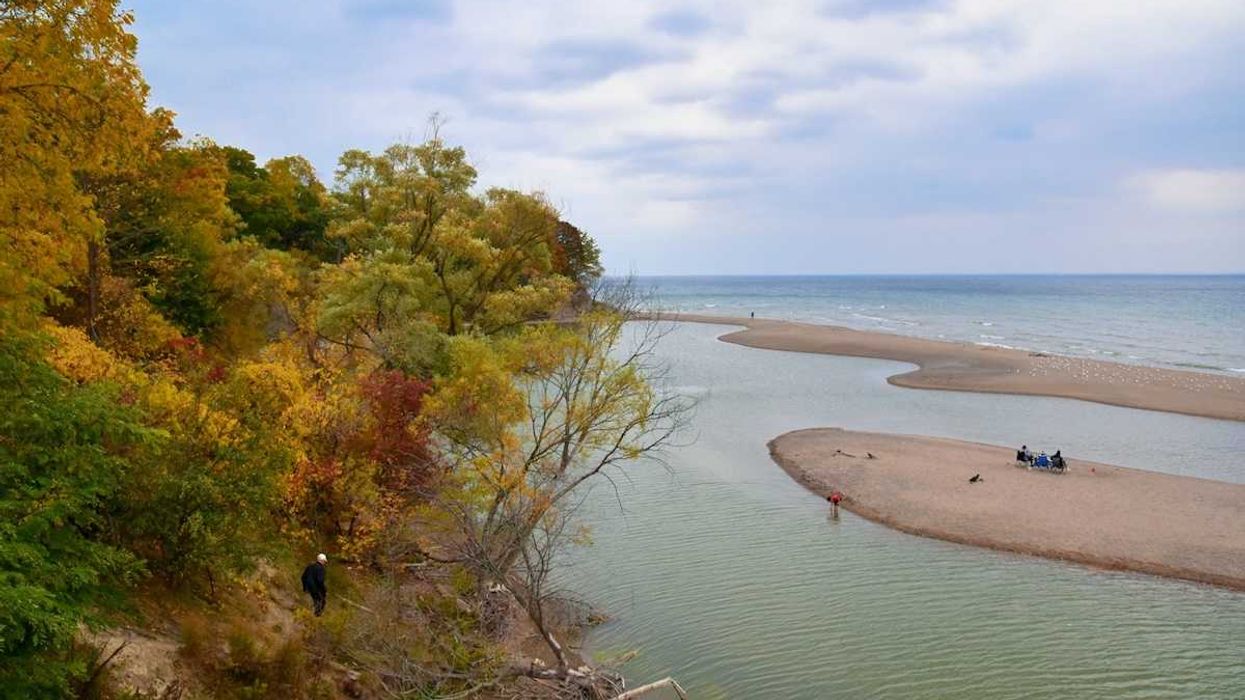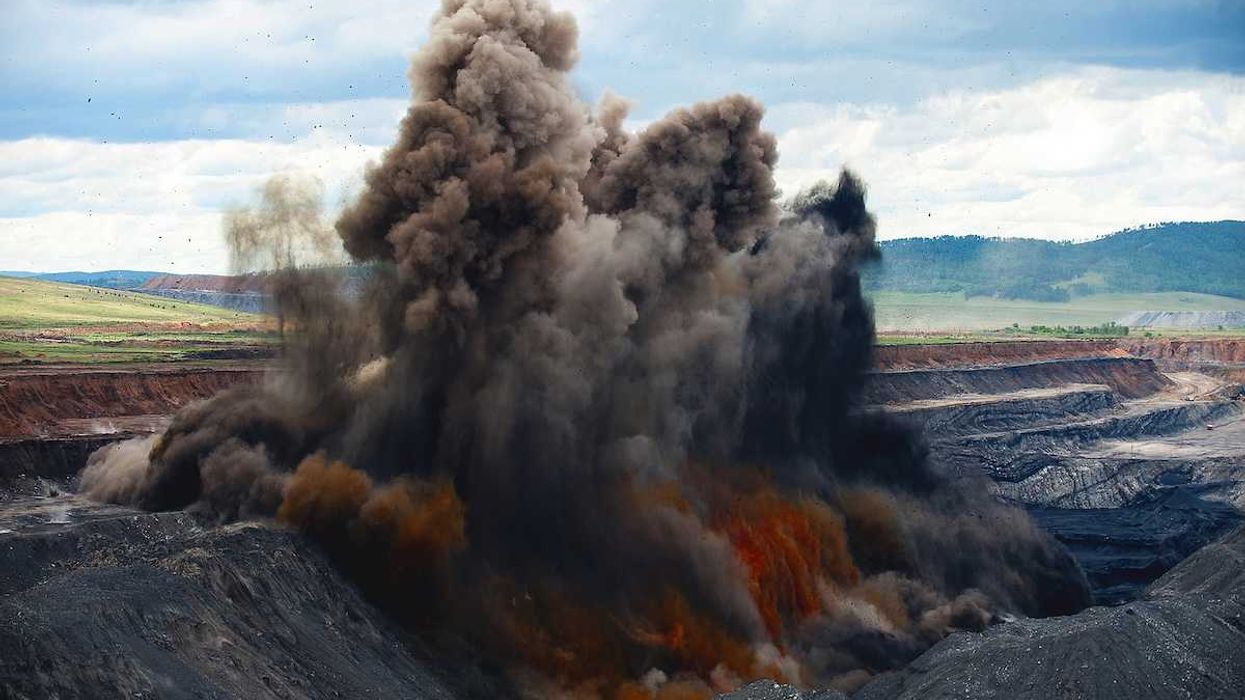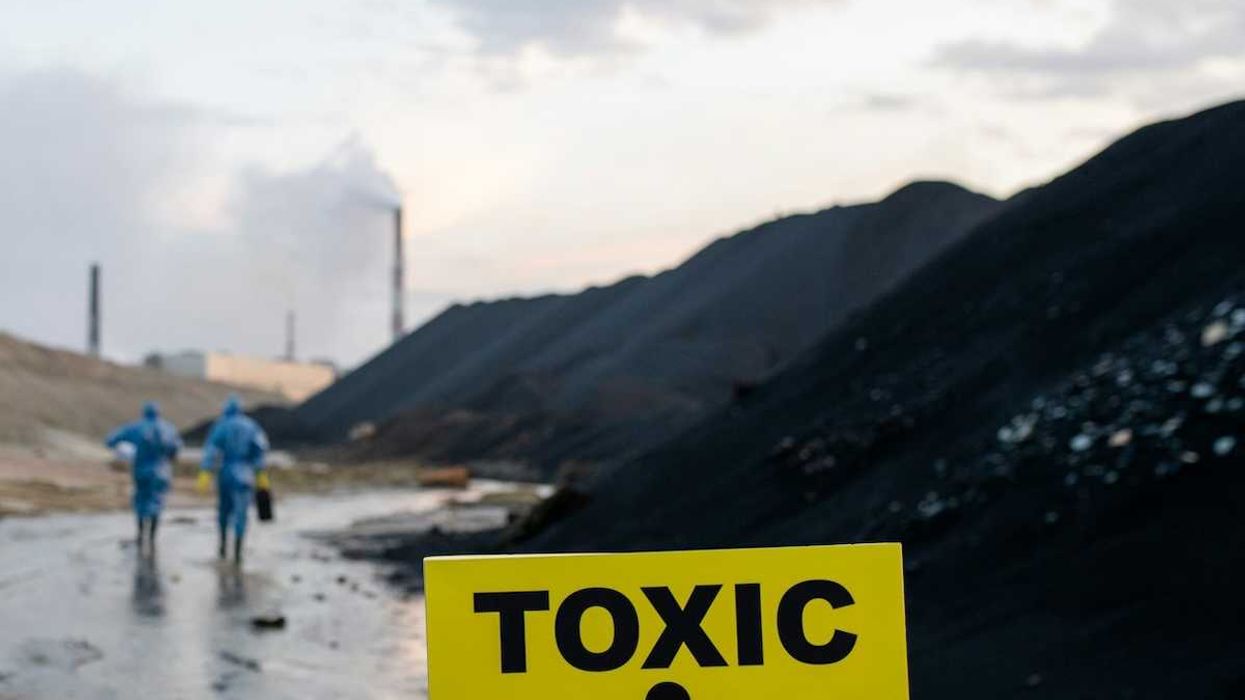Kew Gardens could lose over half of its tree species by 2090 due to climate change, a new study warns.
Helena Horton reports for The Guardian.
In short:
- Kew Gardens lost 400 trees during the 2022 drought, prompting a study on future climate risks.
- More than 50% of Kew’s tree species are vulnerable to dying as London’s climate is predicted to resemble Barcelona’s by 2050.
- Kew’s succession plan includes replacing at-risk trees with drought-tolerant species from hotter climates.
Key quote:
“By focusing on resilience and adaptability we hope to show it is possible to mitigate the severe impacts of climate change in both urban spaces and gardens such as Kew.”
— Richard Barley, director of gardens at Kew.
Why this matters:
Imagine the iconic Kew Gardens, a sanctuary of global flora, transforming into a somber reminder of our environmental neglect. The potential loss of these trees isn't just about losing greenery; it's about the ripple effect on biodiversity, air quality and the overall health of our planet. Read more: Respect the elderly: Saving cities’ oldest trees.



